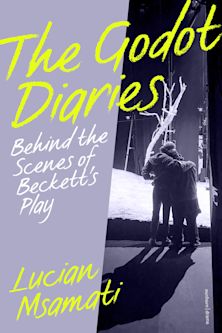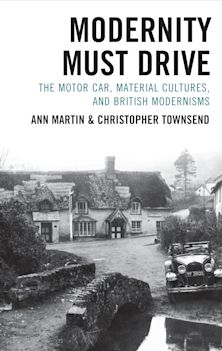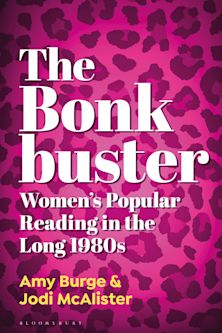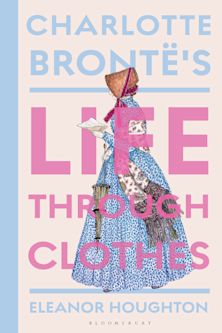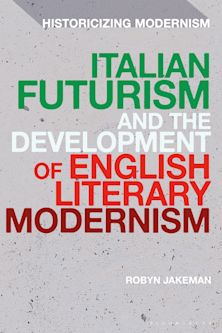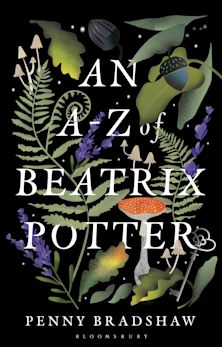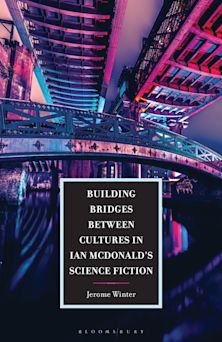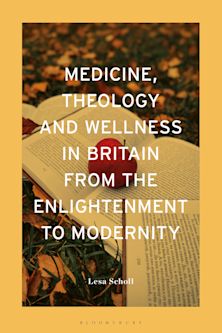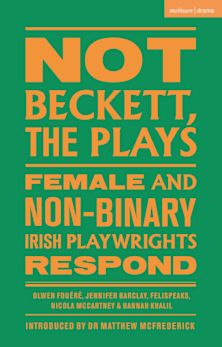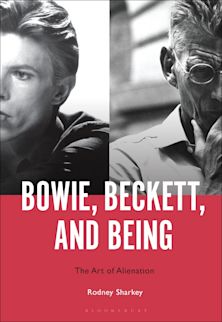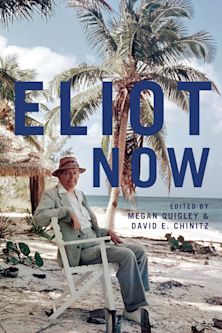Scotland as Science Fiction
Description
Out of the mainstream but ahead of the tide, that is Scottish Science Fiction. Science Fiction emphasizes “progress” through technology, advanced mental states, or future times. How does Scotland, often considered a land of the past, lead in Science Fiction? “Left behind” by international politics, Scots have cultivated alternate places and different times as sites of identity so that Scotland can seem a futuristic fiction itself.
This book explores the tensions between science and a particular society that produce an innovative science fiction. Essays consider Scottish thermodynamics, Celtic myth, the rigors of religious “conversion,” Scotland’s fractured politics yet civil society, its languages of alterity (Scots, Gaelic, allegory, poetry), and the lure of the future. From Peter Pan and Dr. Jekyll to the poetry of Edwin Morgan and the worlds of Muriel Spark, Ken Macleod, or Iain M. Banks, Scotland’s creative complex yields a literature that models the future for Science Fiction.
Table of Contents
Chapter 2 Introduction
Chapter 3 Scotland's Fantastic Physics: Energy Transformation in MacDonald, Stevenson, Barrie, and Spark
Chapter 4 The Other Otherworld: Didactic Fantasy from MacDonald and Lindsay to J. Leslie Mitchell
Chapter 5 Allegory and Cruelty: Gray's Lanark and Lindsay's A Voyage to Arcturus
Chapter 6 Speculative Nationality: "Stands Scotland Where it Did?" in the Culture of Iain M. Banks
Chapter 7 Between Enlightenment and the End of History: Ken MacLeod's Engines of Light
Chapter 8 The Cosmic (Cosmo)Polis in Naomi Mitchison's Science Fiction Novels
Chapter 9 Non-Violence, Gender, and Ecology: Margaret Elphinstone's The Incomer and A Sparrow's Flight
Chapter 10 Past and Future Language: Matthew Fitt and Iain M. Banks
Chapter 11 Scottish Poetry as Science Fiction: Geddes, MacDiarmid, and Morgan's "A Home in Space"
Chapter 12 Brave New Scotland: Science Fiction without Stereotypes in Fitt and Crumey
Chapter 13 Alba Newton and Alasdair Gray
Chapter 14 Bibliography
Chapter 15 Notes on Contributors
Chapter 16 Index
Product details
| Published | 26 Oct 2011 |
|---|---|
| Format | Ebook (Epub & Mobi) |
| Edition | 1st |
| Extent | 208 |
| ISBN | 9781611483758 |
| Imprint | Bucknell University Press |
| Series | Aperçus: Histories Texts Cultures |
| Publisher | Bloomsbury Publishing |














